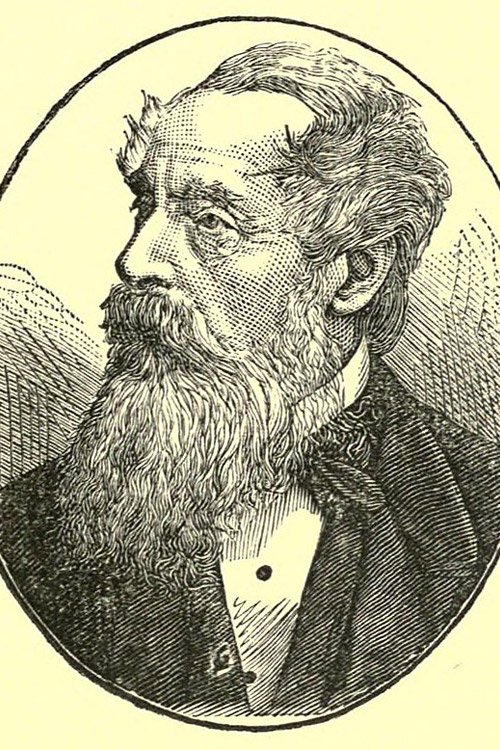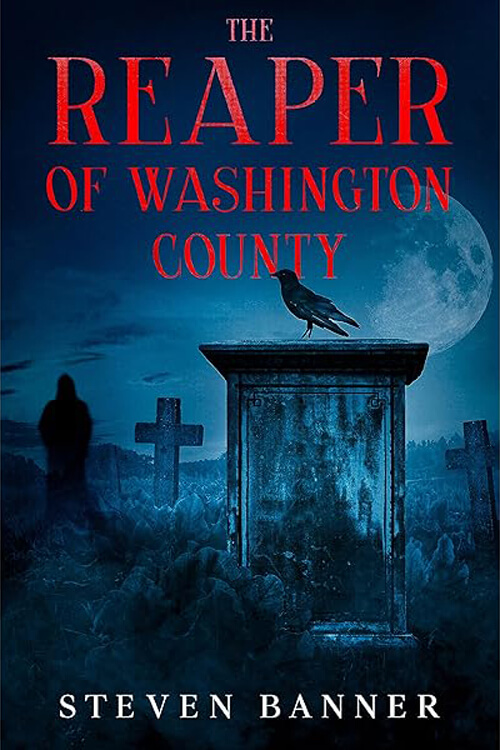
W. H. G. Kingston
William Henry Giles Kingston was born in Harley Street, London, on February 28, 1814. He was the eldest son of Lucy Henry Kingston (d.1852) and his wife Frances Sophia Rooke (b.1789), daughter of Sir Giles Rooke, Judge of the Court of Common Pleas. Kingston’s paternal grandfather, John Kingston (1736–1820), was a Member of Parliament who staunchly supported the Abolition of the Slave Trade despite having a plantation in Demerara.
Biography.
His father Lucy entered into the wine business in Oporto, and Kingston lived there for many years, making frequent voyages to England and developing a lifelong affection for the sea.
He was educated at Trinity College, Cambridge, and afterward entered his father’s wine business. However, he soon indulged in his natural bent for writing. His newspaper articles on Portugal were translated into Portuguese, and assisted the conclusion of the commercial treaty with Portugal in 1842, when he received from Donna Maria da Gloria an order of Portuguese knighthood and a pension.
His first book was The Circassian Chief, a story published in 1844. While living in Oporto, he wrote The Prime Minister, a historical novel based loosely on the life of Sebastião José de Carvalho e Melo, 1st Marquis of Pombal, and Lusitanian Sketches, descriptions of travels in Portugal. Settling in England, he interested himself in the emigration movement, edited The Colonist and The Colonial Magazine and East India Review in 1844, was honorary secretary of a colonization society, wrote Some Suggestions for a System of General Emigration in 1848, lectured on colonization in 1849, published a manual for colonists entitled How to Emigrate in 1850, and visited the western highlands on behalf of the emigration commissioners. He was a zealous volunteer afterward and worked actively for the improvement of the condition of seamen. But from 1850, his chief occupation was writing books for boys or editing boys’ annuals and weekly periodicals.





